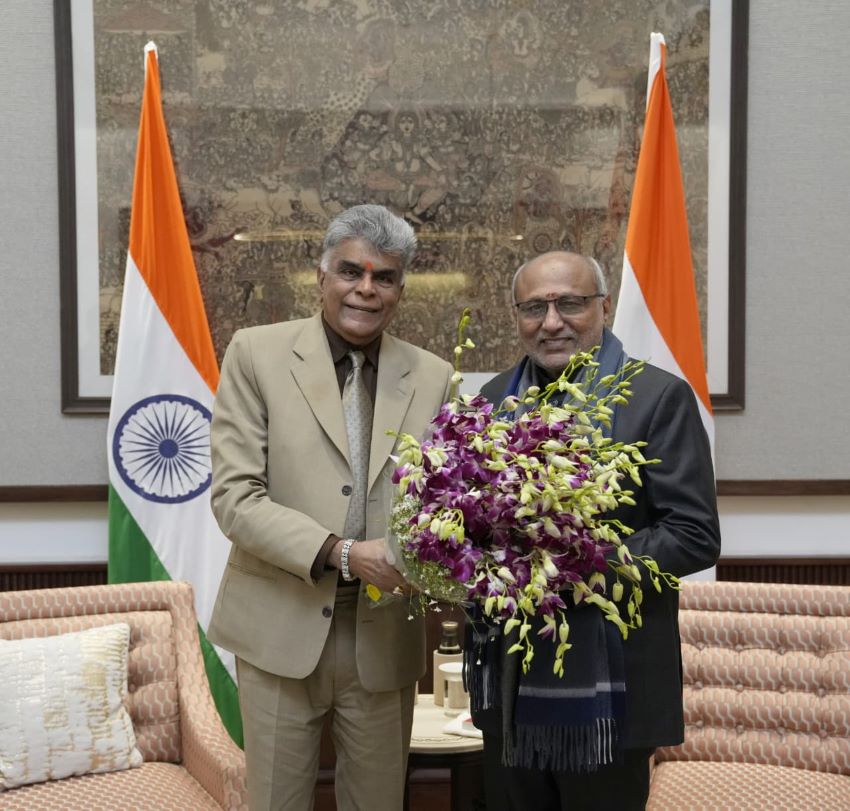India has refused to agree to permanent tariff concessions on health and farm products at the World Trade Organisation as an answer to COVID-19 trade disruptions proposed by some member countries, mostly rich. Further, it has argued that the proposal may be a ploy to gain additional market access.
At a recent meeting of the WTO’s General Council to exchange views on the economic and trade impact of the pandemic, New Delhi argued that developing countries needed to continue protecting their nascent industries.
Australia, New Zealand, Singapore, Canada, Chile and Brunei had come up with a joint statement a few weeks earlier against the imposition of export controls, or tariff and non-tariff barriers. They also opposed the removing of any existing trade restrictive measures on essential goods, especially medical supplies, amid the battle against Covid-19. Developing countries seeking to shore up manufacturing capacity in medical products will require tariff protection for their nascent domestic industry. Further, job losses in many service sectors have to be compensated elsewhere. Therefore, India, like many other developing countries, cannot agree to permanent tariff concessions, and a dilution of the tariff bindings that iit has paid for.












